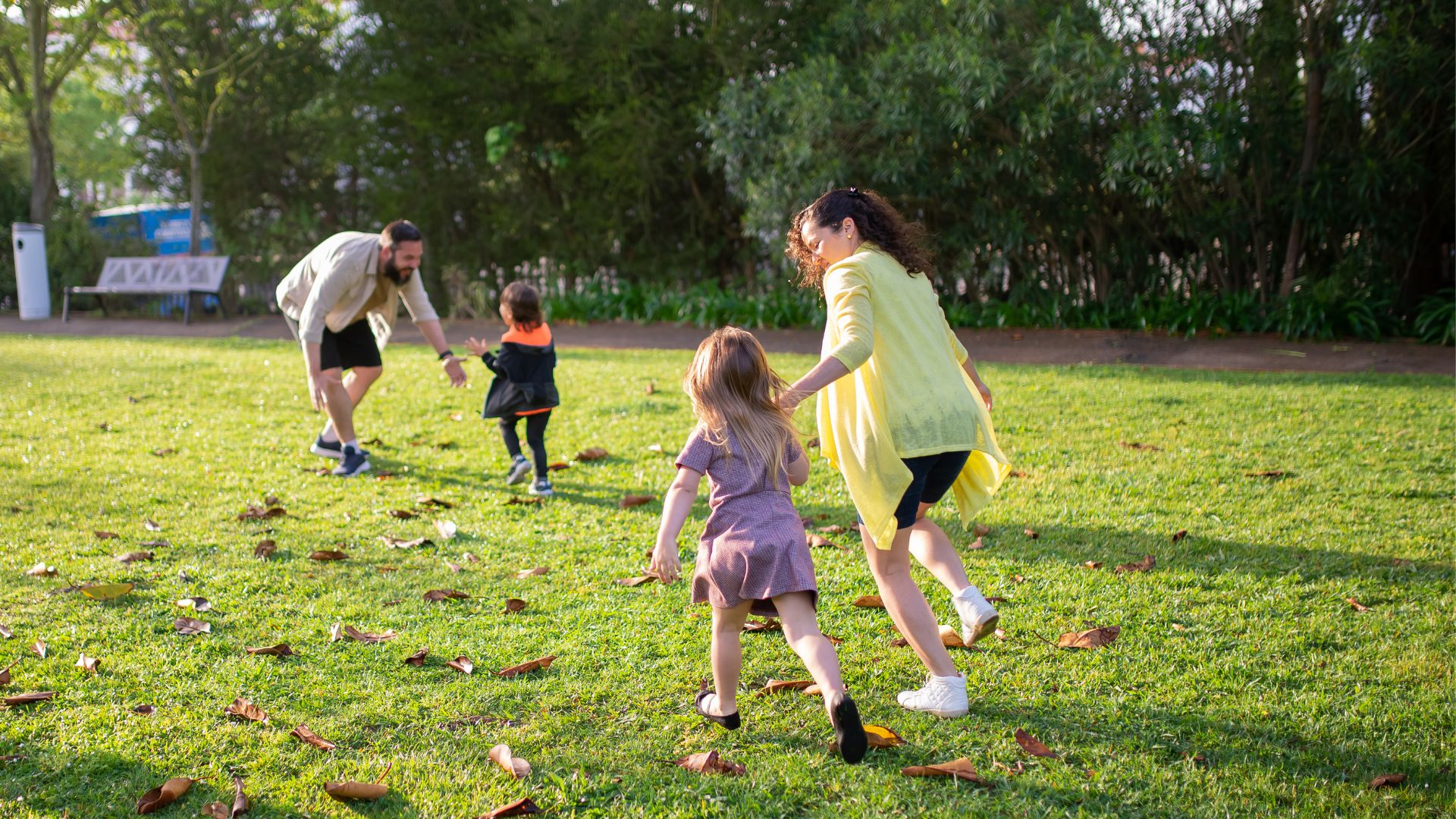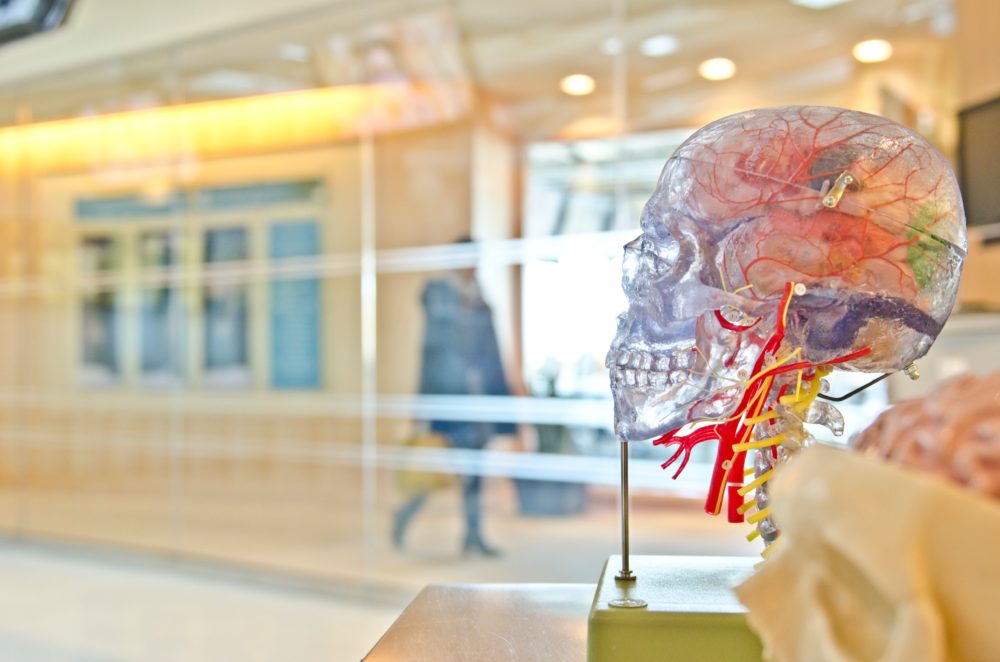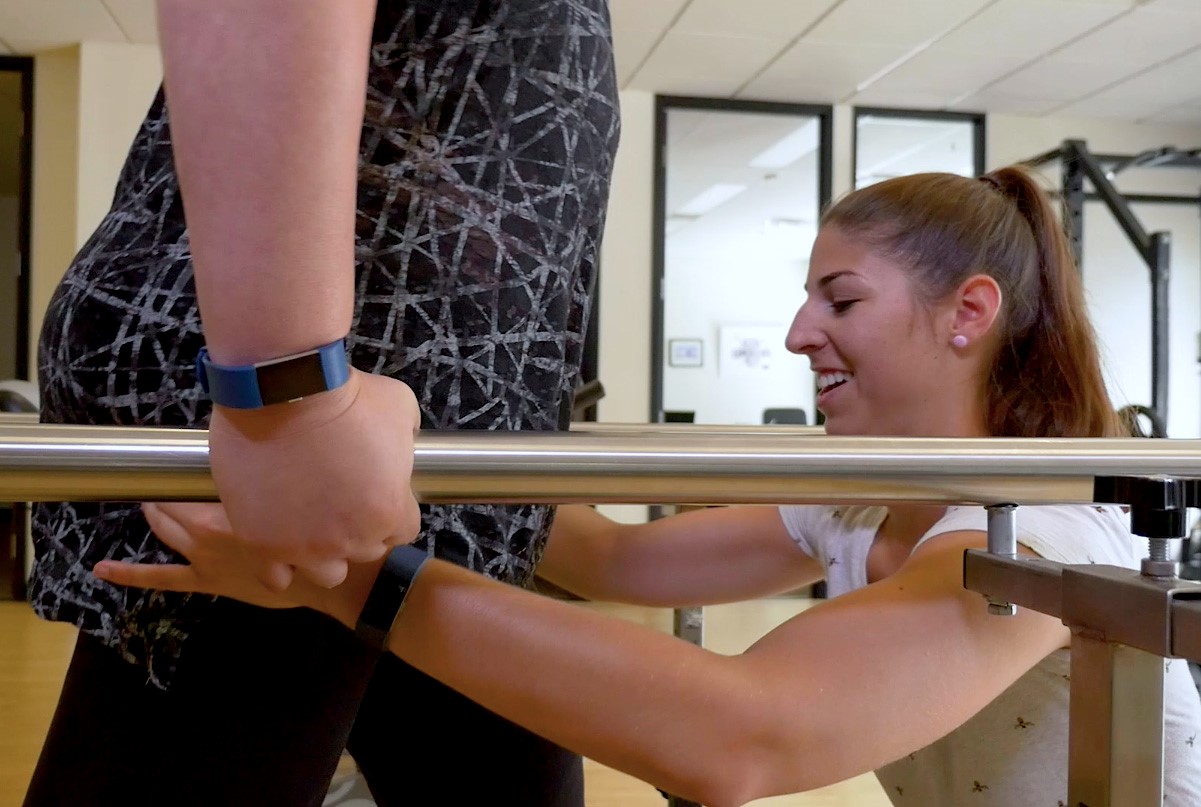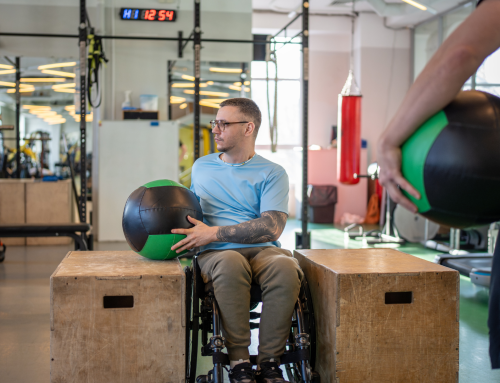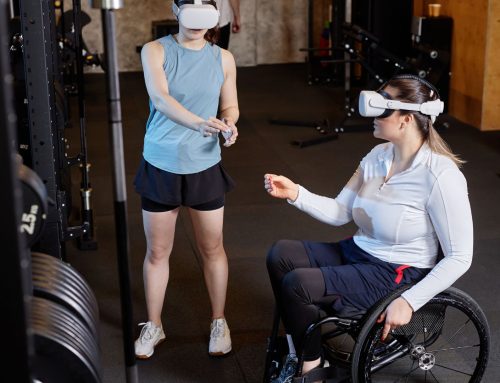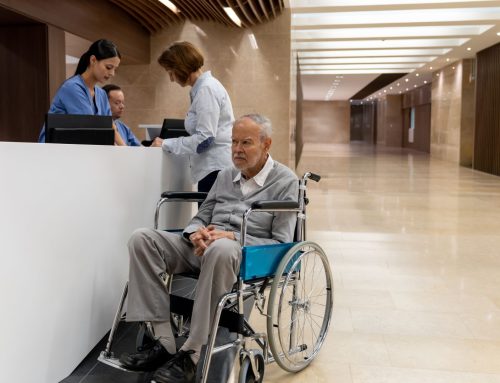Play is a vital component of healthy childhood development, influencing physical, cognitive, social, and emotional growth. By providing diverse and rich play experiences, parents, therapists, educators, and caregivers can support children’s holistic development and well-being.
Encouraging both free and structured play, indoors and outdoors, helps children develop a wide range of skills that form the foundation for lifelong learning and success. In this blog we will look at the many benefits of play in childhood, the importance of play at all ages, and how physiotherapists and occupational therapists integrate play into practice.
Table of Contents:
- Benefits of play in childhood
- Benefits of play in adulthood and old age
- Play in physiotherapy and occupational therapy
- The importance of play conclusion
Benefits of Play in Childhood
Play is essential for childhood development, enhancing physical strength, coordination, fine motor skills, and cognitive abilities through activities like running, drawing, and problem-solving games. It also fosters social skills such as teamwork and empathy, while promoting emotional well-being by helping children manage stress and build self-confidence. In essence, play supports holistic growth, making it a vital component of a child’s development.
Physical Development
Gross Motor Skills:
- Movement and Coordination: Activities such as running, jumping, climbing, and playing sports enhance children’s physical strength, coordination, and balance.
- Healthy Growth: Regular physical play promotes cardiovascular health, strengthens muscles and bones, and supports a healthy body weight.
Fine Motor Skills:
- Precision and Dexterity: Manipulative play, such as building blocks, drawing, and puzzles, helps develop fine motor skills and hand-eye coordination.
- Hand Strength: Activities like molding clay or cutting with scissors improve hand strength and dexterity, essential for writing and other daily tasks.
Cognitive Development
Problem-Solving Skills:
- Critical Thinking: Play often involves challenges that require children to think critically and solve problems, fostering cognitive development.
- Creative Thinking: Imaginative play stimulates creativity and innovation, as children create scenarios and stories, enhancing their ability to think outside the box.
Language Development:
- Communication Skills: Through role-playing and interactive games, children practice language skills, learn new vocabulary, and improve their ability to express themselves.
- Narrative Skills: Storytelling during play helps children understand and construct narratives, which is crucial for literacy development.
Social Development
Social Interaction:
- Teamwork and Cooperation: Group play teaches children how to work together, share, take turns, and collaborate to achieve common goals.
- Conflict Resolution: Through play, children learn to navigate social dynamics, negotiate, and resolve conflicts, developing essential interpersonal skills.
Understanding Social Norms:
- Role-Playing: Pretend play allows children to experiment with different social roles and understand societal norms and expectations.
- Empathy and Perspective-Taking: By adopting various roles, children learn to see things from different perspectives, fostering empathy and understanding.
Emotional Development
Self-Regulation:
- Managing Emotions: Play provides a safe space for children to explore and express their emotions, helping them learn to manage feelings like frustration, anger, and fear.
- Stress Relief: Engaging in play reduces stress and anxiety, promoting emotional well-being and resilience.
Self-Confidence:
- Achievement and Mastery: Successfully completing play activities boosts children’s self-esteem and confidence in their abilities.
- Independence: Independent play fosters a sense of autonomy and competence, encouraging children to take initiative and make decisions.[i]
Benefits of Play in Adulthood and Old Age
The importance of play isn’t just focused on babies and children. The benefits of play continue throughout all decades of life. In adults the benefits of play include:
- decreased stress
- increased flexibility in thinking and creative thinking
- as well as building resilience.[ii]
Play can involve anything from playing Frisbee, board games or even doing a crossword or Sudoku. Group play also improves our socio-emotional relationships by improving our ability to face novel social situations and promote collective decision making.[iii]
Play is equally as important in older adults. One study found that older adults who played board games had less cognitive decline and less depression than their counterparts.[iv] Group activities also provide fewer feelings of loneliness and isolation.
Physical play provides huge benefits for older adults, providing an improved quality of life and independence.[v] Group and play exercises such as pickleball, tai chi, and yoga improve strength and flexibility and decrease risk of falls.
Play in Physical Therapy and Occupational Therapy
Play is a huge component of therapy for pediatric physical and occupational therapists. Therapists use play to promote use of both large (gross motor) and small muscles (fine motor) development in a fun and functional way. Therapists provide the supportive environment to encourage and challenge a child’s skills using games, toys and other tools and techniques.
In the whole continuum from childhood to adulthood and older age, physiotherapists and occupational therapists play a pivotal role in prevention and treatment of injuries. Therapists provide assessment and recommendations with the goal of allowing their client to return to activities they enjoy and love to do.
Incorporating play into physical and occupational therapy offers a dynamic approach to rehabilitation that can enhance engagement, motivation, and overall outcomes. By integrating fun, creativity, and interaction, therapists can provide a holistic and effective treatment experience tailored to individual needs.
Conclusion: The Importance of Play
In conclusion, play is not only crucial for childhood development but also remains beneficial throughout adulthood and old age. For children, play enhances physical, cognitive, social, and emotional growth, laying the foundation for lifelong learning and success. As individuals age, play continues to offer significant advantages such as stress reduction, improved cognitive function, and better social interactions, demonstrating its timeless value.
Moreover, the integration of play into physical and occupational therapy underscores its therapeutic potential. By making rehabilitation engaging and enjoyable, therapists can improve patient outcomes and foster a positive healing environment. Ultimately, play is a universal and lifelong tool that supports well-being and enriches the human experience at every stage of life.
References
[i] Michael Yogman, MD; Andrew Garner, MD; Jeffrey Hutchinson, MD; Kathy Hirsh-Pasek, PhD; Roberta Michnick Golinkoff, PhD, The Power of Play: A Pediatric Role in Enhancing Development in Young Children, Pediatrics (2018) 142 (3): e20182058. https://doi.org/10.1542/peds.2018-2058
[iii] Elisabetta Palagi, Adult play and the evolution of tolerant and cooperative societies, Neuroscience & Biobehavioral Reviews, Volume 148, 2023, 105124, ISSN 0149-7634, https://doi.org/10.1016/j.neubiorev.2023.105124.
[iv] Dartigues JF, Foubert-Samier A, Le Goff M, et alPlaying board games, cognitive decline and dementia: a French population-based cohort studyBMJ Open 2013;3:e002998. doi: 10.1136/bmjopen-2013-002998
[v] Langhammer B, Bergland A, Rydwik E. The Importance of Physical Activity Exercise among Older People. Biomed Res Int. 2018 Dec 5;2018:7856823. doi: 10.1155/2018/7856823. PMID: 30627571; PMCID: PMC6304477.
Written by
OUR LOCATIONS
FOLLOW US!
OUR SERVICES
Last Updated on July 9, 2025 by Propel Physiotherapy

